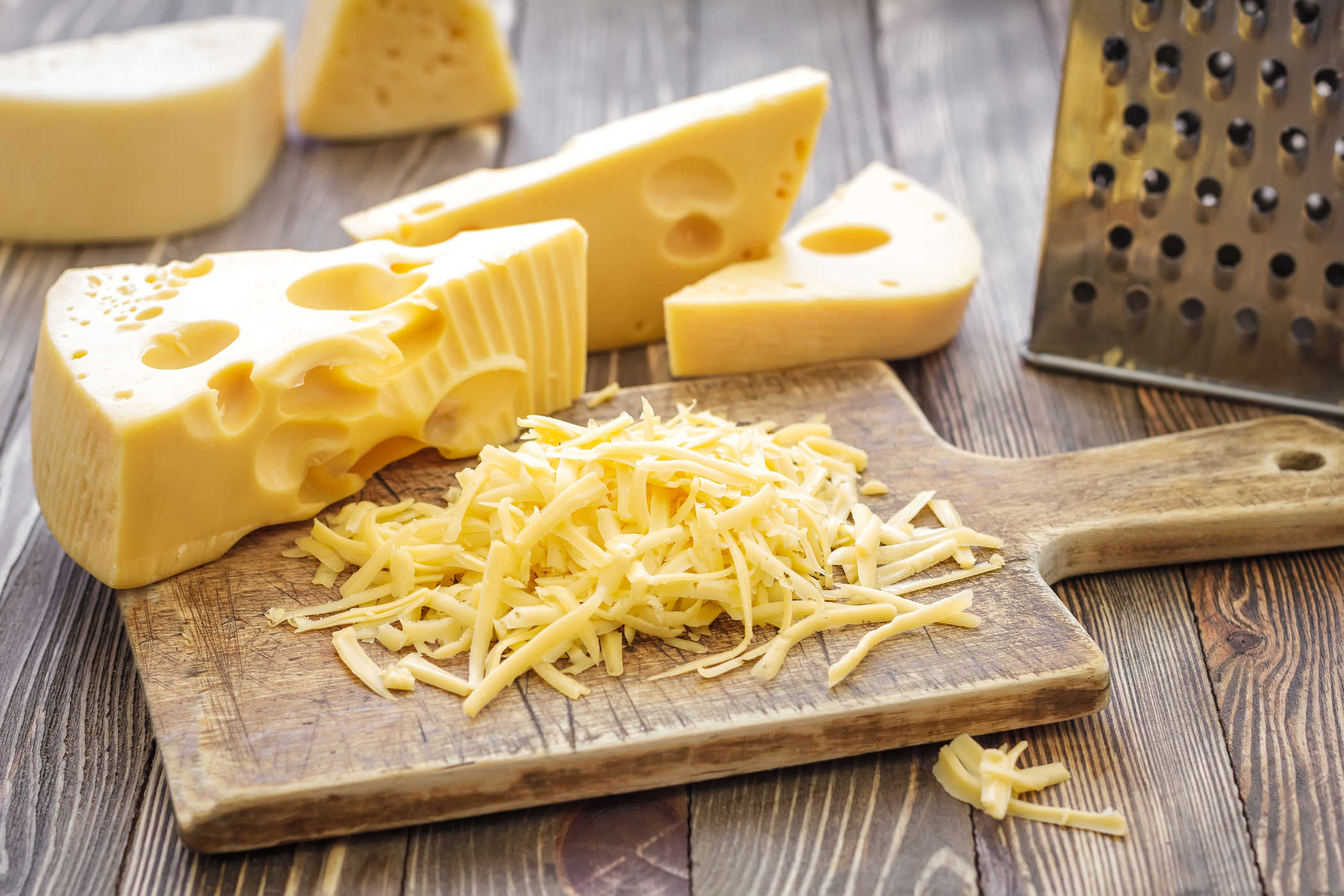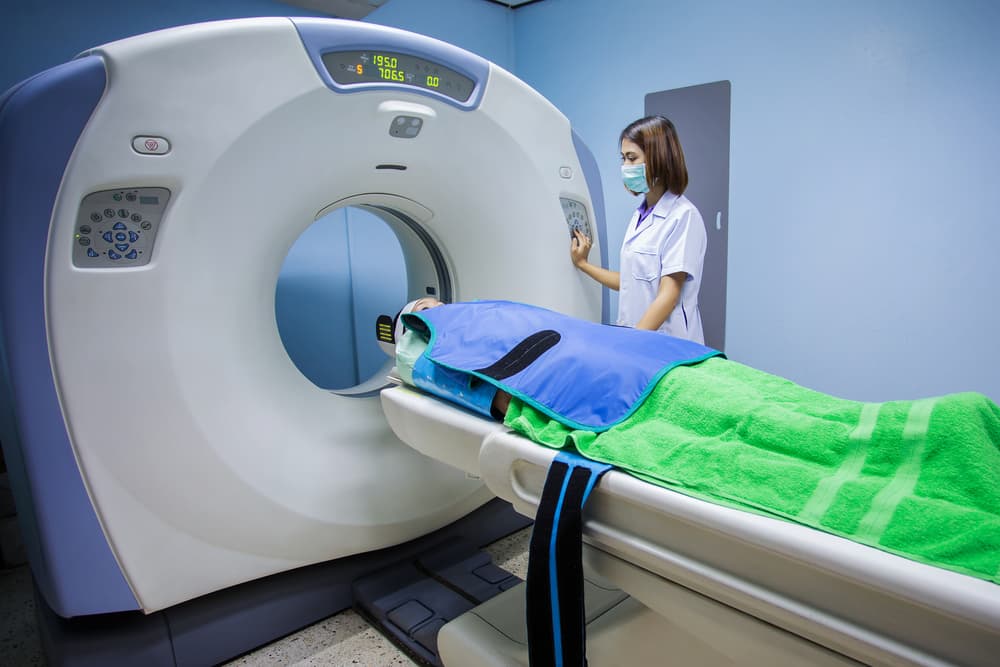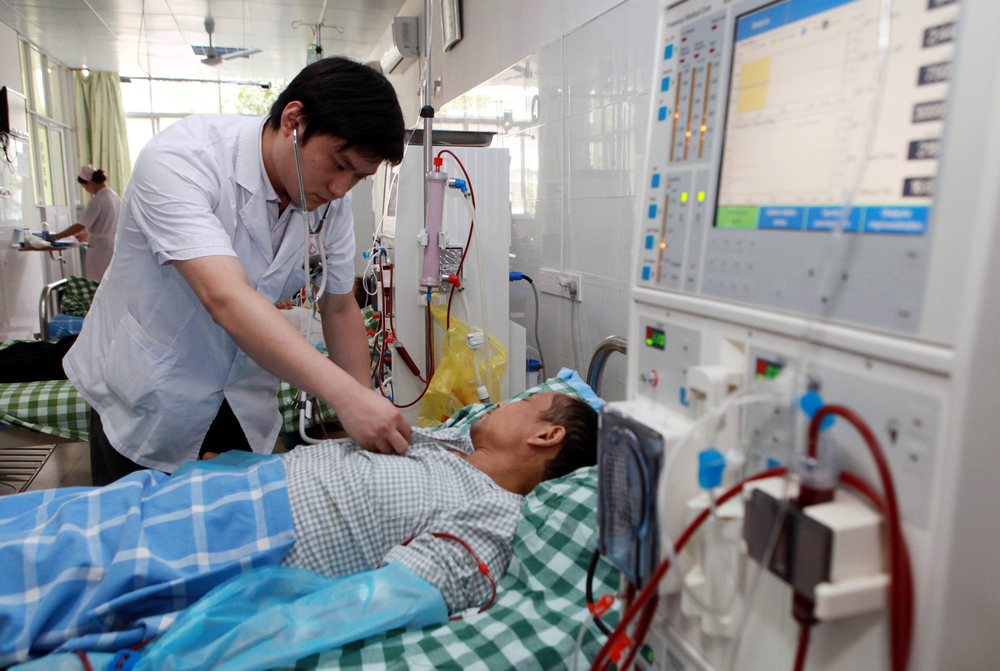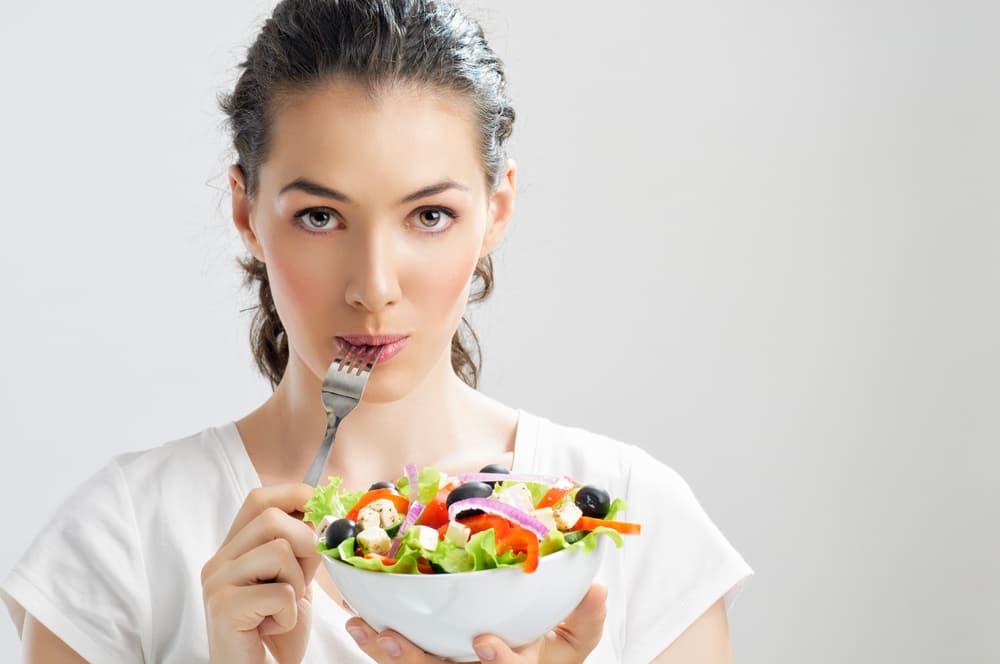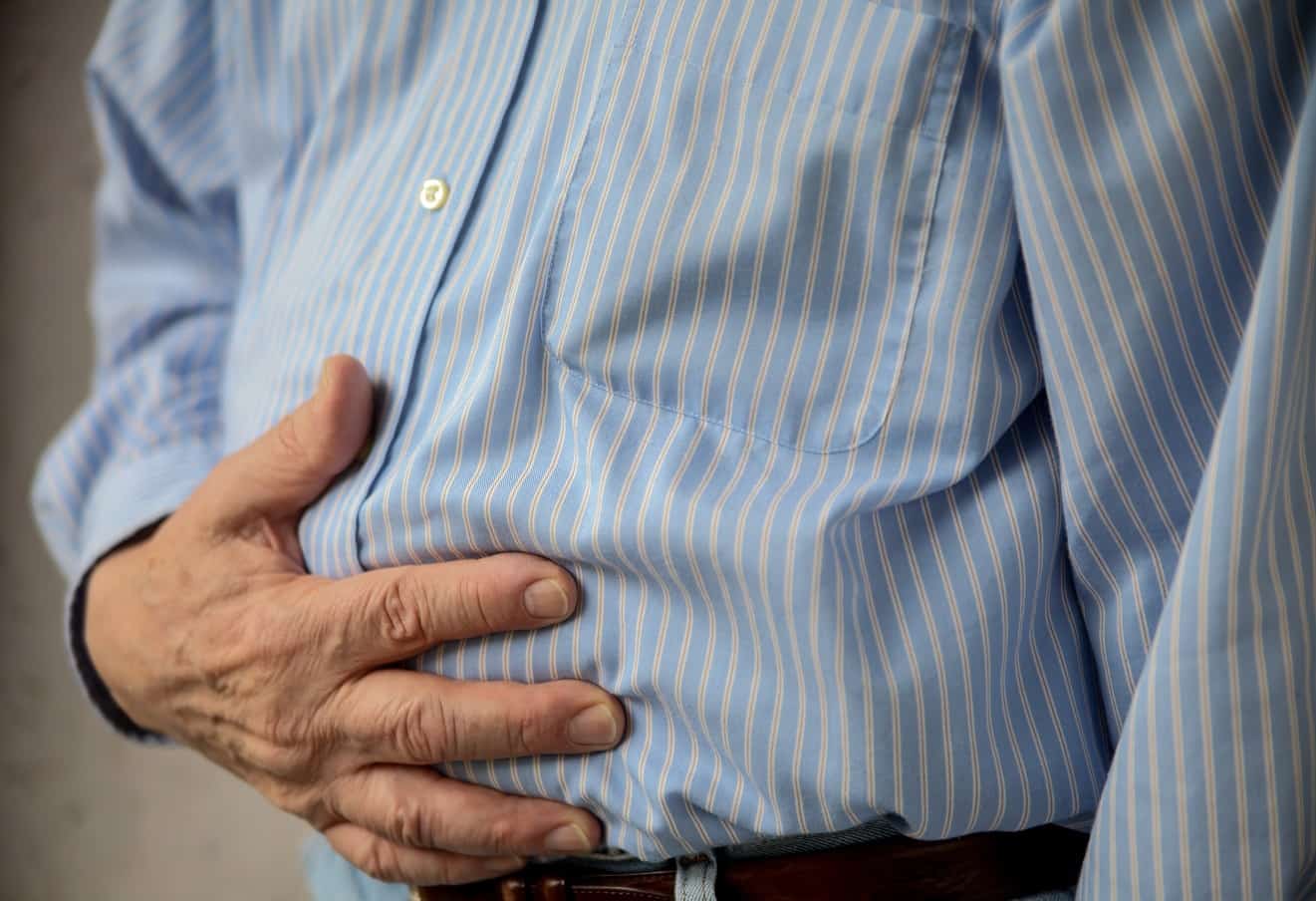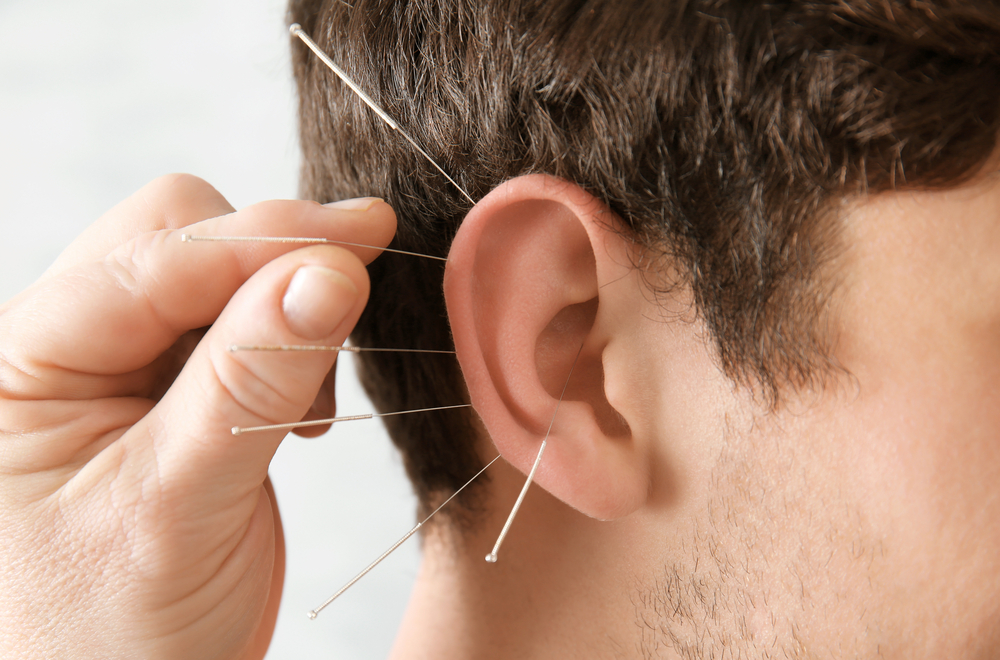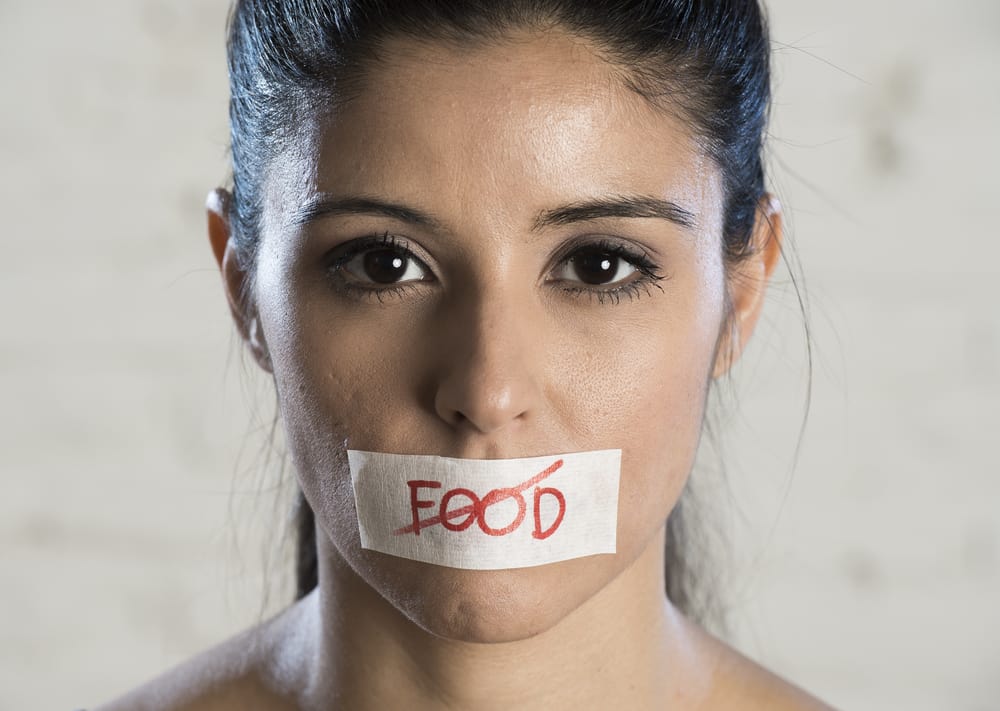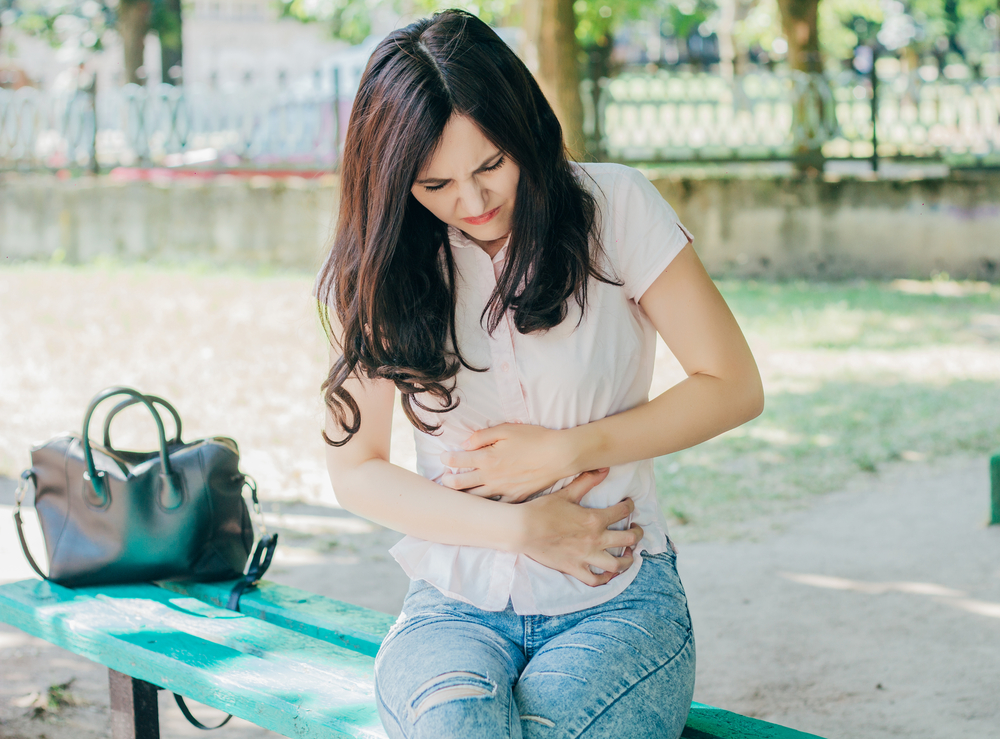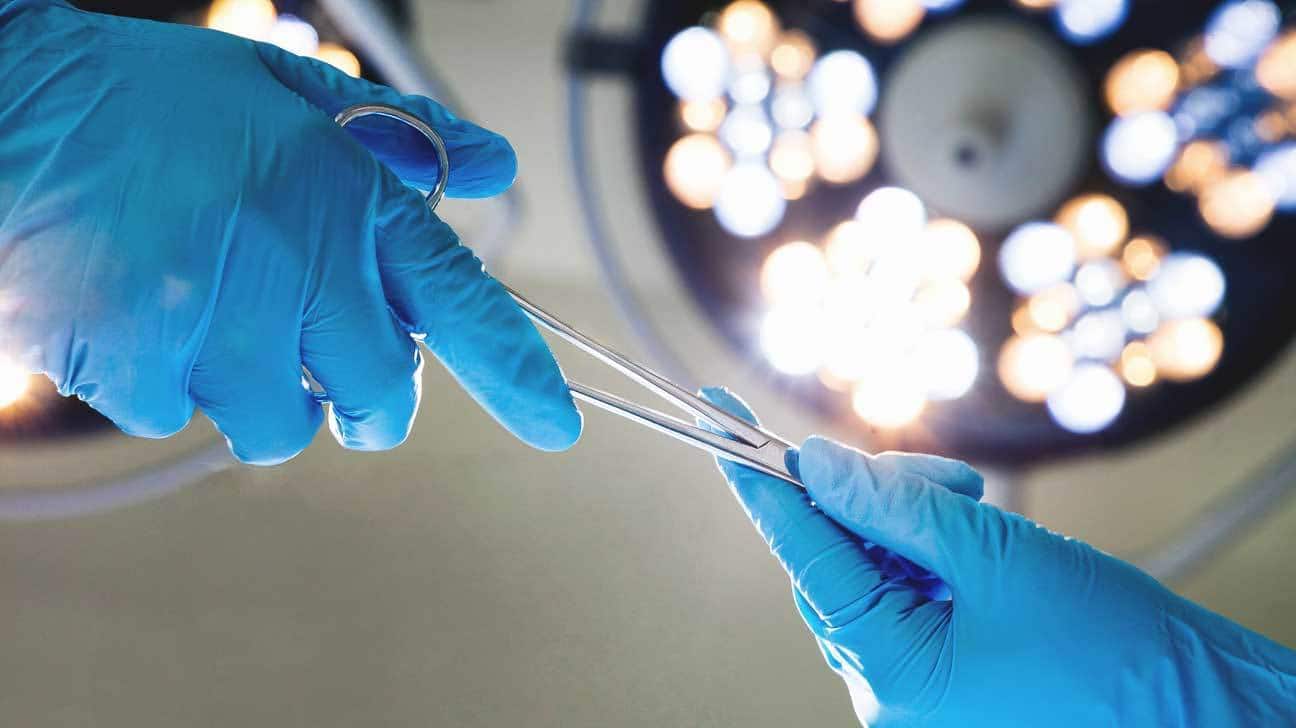Contents:
- Medical Video: What foods to eat while pregnant - Diet & nutrition during pregnancy
- Is it true that cheese is full of bacteria?
- Can you eat cheese while pregnant?
- The risk of eating cheese while pregnant
- A safe cheese for pregnant women
Medical Video: What foods to eat while pregnant - Diet & nutrition during pregnancy
When you are pregnant, there are various dietary restrictions that must be obeyed. You probably already know that pregnant women are advised to avoid eating raw foods such as sushi or eggs. But what about cheese? Can you eat cheese while pregnant? To straighten out various myths about the risk of eating cheese while pregnant, see the following reviews, huh.
Is it true that cheese is full of bacteria?
Cheese is a fermented dairy product. In the fermentation process, cow's or goat's milk will be cultured in such a way that the bacteria multiply. The bacteria found in milk fermented products include Lactobacillus and Lactococcus.
However, don't worry when you hear the term bacteria. Bacteria that grow in the fermentation process are good bacteria. Good bacteria are acidic, so bad and dangerous bacteria will die. This is because bad bacteria cannot live in acidic conditions.
Can you eat cheese while pregnant?
Eating cheese while pregnant is safe to do. Good bacteria are actually needed by pregnant women to maintain the health of the fetus and pregnancy. However, not all types of cheese are free of bad bacteria. Cheese made from raw milk or milk that does not go through the pasteurization process is dangerous for pregnancy.
Pasteurized milk has gone through very high temperature processing to kill germs and bad bacteria. Meanwhile, if the milk used to process cheese is still raw, the possibility of the growth of bad bacteria named Listeria becomes bigger.
Meanwhile, some types of cheeses that are very soft textures (shredded cheese) are also more susceptible to the growth of bad bacteria. This is because soft cheese is very low in acidity. Even bad bacteria can multiply easily.
The risk of eating cheese while pregnant
When you are pregnant you eat cheese from unpasteurized milk, you are at risk of developing a bacterial infection. Listeria bacterial infections are usually characterized by fever, chills, back pain, muscle aches, and weakness. New symptoms will appear about a week after you eat cheese containing bad bacteria. The treatment is taking antibiotics. For the record, bacterial infections and taking certain antibiotic drugs can cause fetal growth disorders.
A safe cheese for pregnant women
To make sure you don't eat cheese wrong while pregnant, pay attention to the information on the packaging. If there are indications like "raw cheese " or "Unpasteurised", the cheese is not safe for you. However, it is usually frozen cheese whose shape is safe and pasteurized.
Cheddar, parmesan and mozzarella cheese are safe for consumption by pregnant women. Meanwhile, cheese that needs to be avoided is a very soft texture such as feta cheese, brie, and camembert. So, if you eat at a restaurant or when visiting a relative's house, don't hesitate to ask what type of cheese is served. However, to look for safety you may avoid eating cheese altogether while pregnant.

